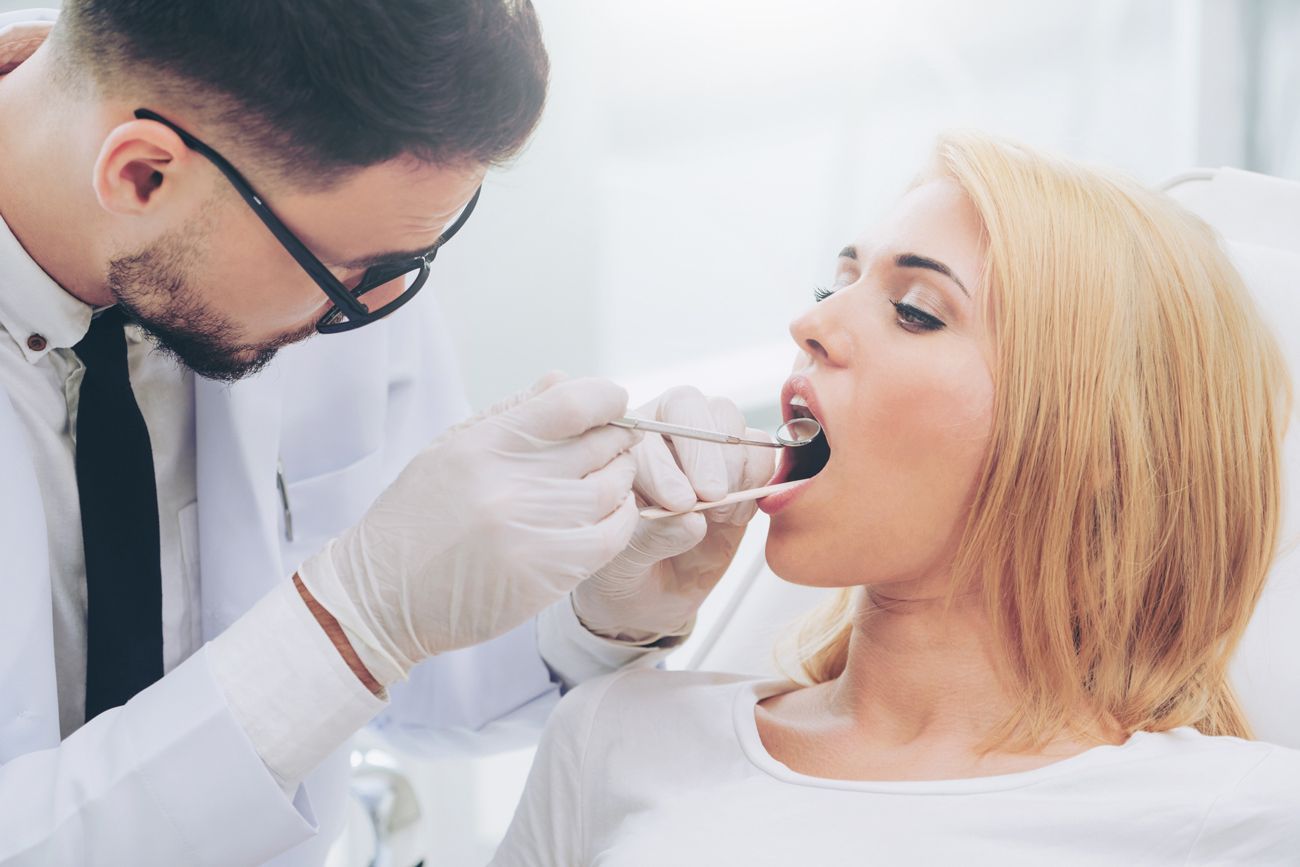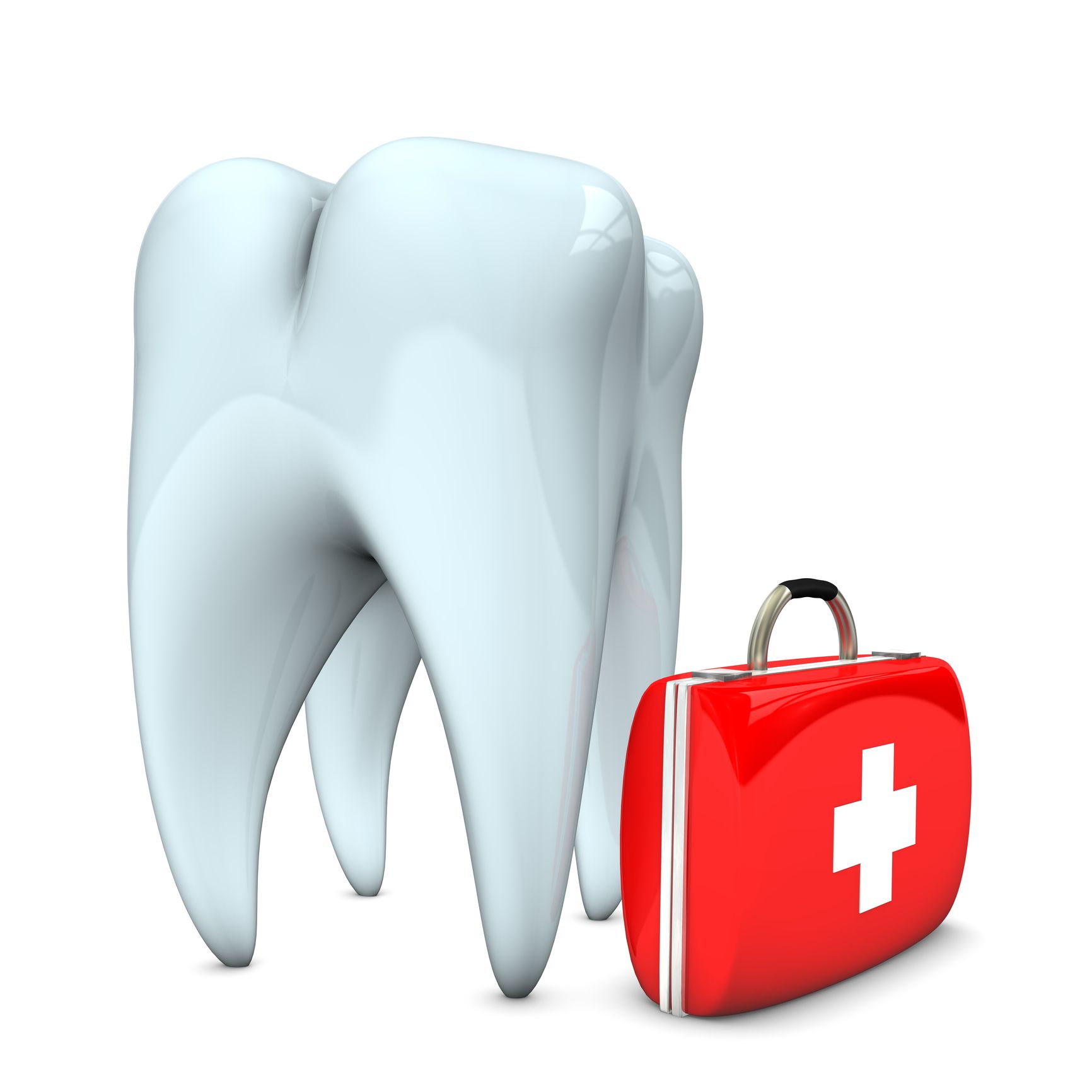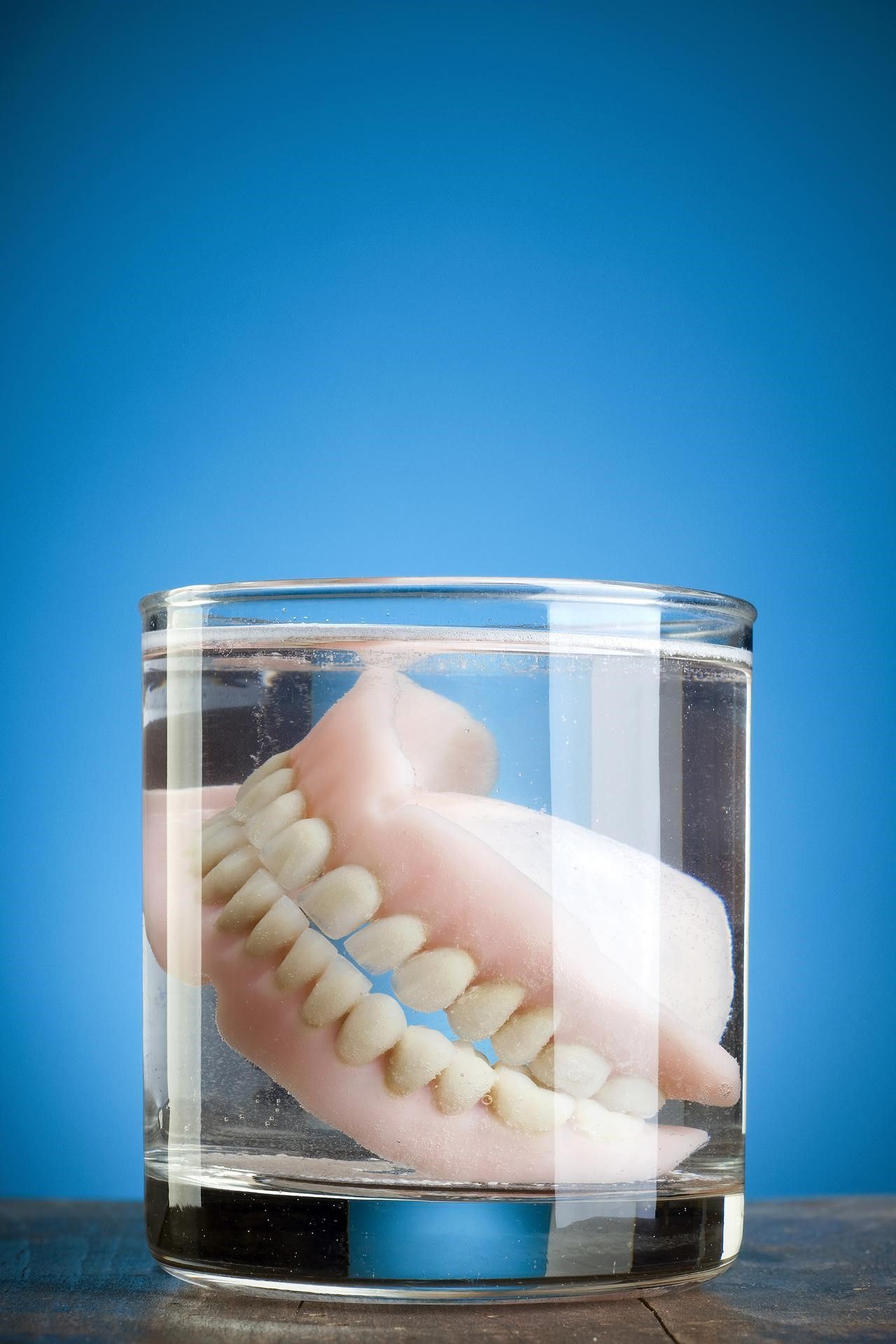4 Possible Causes of Jaw Pain
When your jaw hurts, you may find such basic activities as eating and talking all but unbearable. On the bright side, jaw pain usually responds quite well to dental care that addresses and corrects the underlying cause.
While you might not have the dental skill or expertise to pinpoint that underlying cause yourself, you can still benefit from understanding how and why jaw pain occurs. The next time you feel that familiar ache or twinge, consider whether the blame could lie with any of the following four common causes of jaw pain.
1. Temporomandibular Joint Disorder
When many people think of jaw pain, they immediately make a mental association with temporomandibular joint disorder (TMD, also called TMJ after the joint itself). This joint connects each end of your jaw to your skull, permitting the wide range of motions necessary for chewing and speaking.
A blow to your jaw, deterioration of the temporomandibular joint cartilage, an abnormal bite, and muscular strain from chronic stress can all trigger TMD. Symptoms include jaw pain and fatigue, clicking noises when you move your jaw, and an inability to open your mouth to its full width.
If you think you have jaw pain related to TMD, ask your dentist for help with this condition. Relief may come from a night guard (to ease unconscious chewing and grinding), dental work to normalize your bite, or recommendations for stress relief and anti-inflammatory medication.
2. Cracked Tooth Syndrome
Pain in your jaw may stem from a problem known as cracked tooth syndrome. This problem occurs when tiny microfractures in the tooth enamel expose sensitive nerve tissue to changes in pressure and temperature. As a result, you may feel pain when you bite down on foods or when you drink hot or cold beverages.
Tiny cracks can form in teeth for various reasons. An impact injury, an unfortunate bite into an extremely hard object, or years of ordinary wear and tear can produce fissures in the teeth. When these fissures extend below the gumline into the roots, you can experience jaw pain as well as tooth pain.
Your dentist can view a microfracture more easily than you can, thanks to X-rays and other advanced diagnostics. A tooth with a cracked root may require extraction, since restorations such as crowns cannot fix this damage. Fortunately, you can always replace the extracted tooth with an implant or bridge.
3. Crowns That Need Adjustment
A permanent crown over a compromised tooth requires considerable precision and care. Your dentist will shape the tooth enamel to receive the crown correctly, take detailed impressions for the crown's fabrication, and then make final refinements to its fit upon attaching the crown to the tooth.
Unfortunately, even the most skilled work cannot guarantee a perfect bite alignment between the treated tooth and the tooth it opposes on the first try. If the biting surfaces don't meet properly, you may experience both tooth pain and jaw pain when you chew. You might experience headaches as well.
In most cases, the crowned tooth sits too high off the jaw in relation to its opposing tooth, which means that it receives too much pressure whenever you bite down on it. Your dentist can fix this issue by filing down some of the crown material as needed until your bite feels normal and comfortable.
4. Referred Pain
Jaw pain doesn't always originate in the jaw. The head, face, and neck share an elaborate network of nerves that can send pain signals to the jaw from another part of the body, a phenomenon known as referred pain.
In addition to hallmark symptoms such as a stuffy nose and headaches, a sinus issue may refer pain to the upper jaw. Cluster headaches normally attack the area around the eye, but they sometimes produce jaw pain as well. Trigeminal neuralgia, shoulder joint pain, and diseases such as the mumps can all create jaw pain.
Whatever the cause of your jaw pain, Eastland Dental Center & Professional Dental Center can diagnose the problem and help you resolve the issue. Contact our office today.









